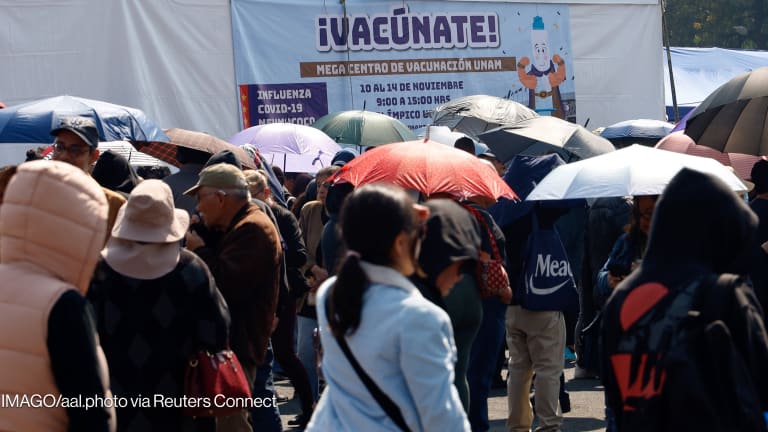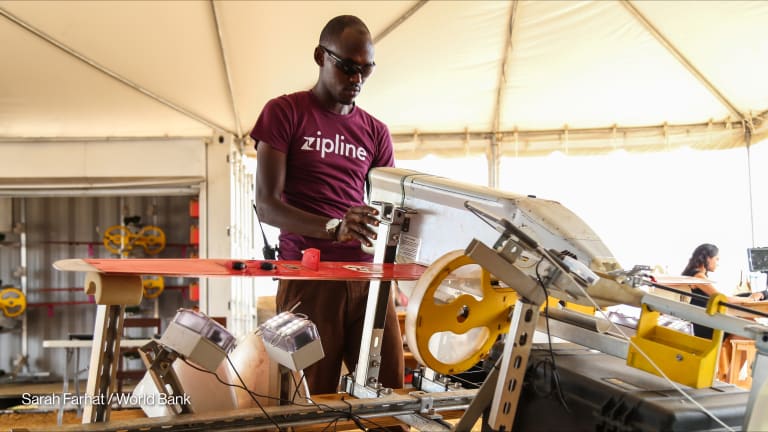The chairman of the U.S. Senate Foreign Relations Committee has asked USAID Administrator Samantha Power to explain how the agency will seize the opportunity of its largest-ever project to shift more funding to local partners.
“USAID’s global health supply chain investments present an invaluable opportunity to model a future U.S. approach to global development that is more sustainable, results-oriented, and consistent with the kinds of partnerships we want to build with countries around the world,” Sen. Ben Cardin, a Democrat representing Maryland, wrote to Power in a May 16 letter published online by the advocacy group Unlock Aid.
Cardin’s letter comes as the U.S. Agency for International Development is in the process of awarding contracts for the NextGen Global Health Supply Chain, a suite of major contracts that are expected to add up to roughly $17 billion in funding. It also signals a willingness, even among USAID’s key congressional allies, to push for promised reforms that have been slow to materialize.
Search for articles
Most Read
- 1
- 2
- 3
- 4
- 5








